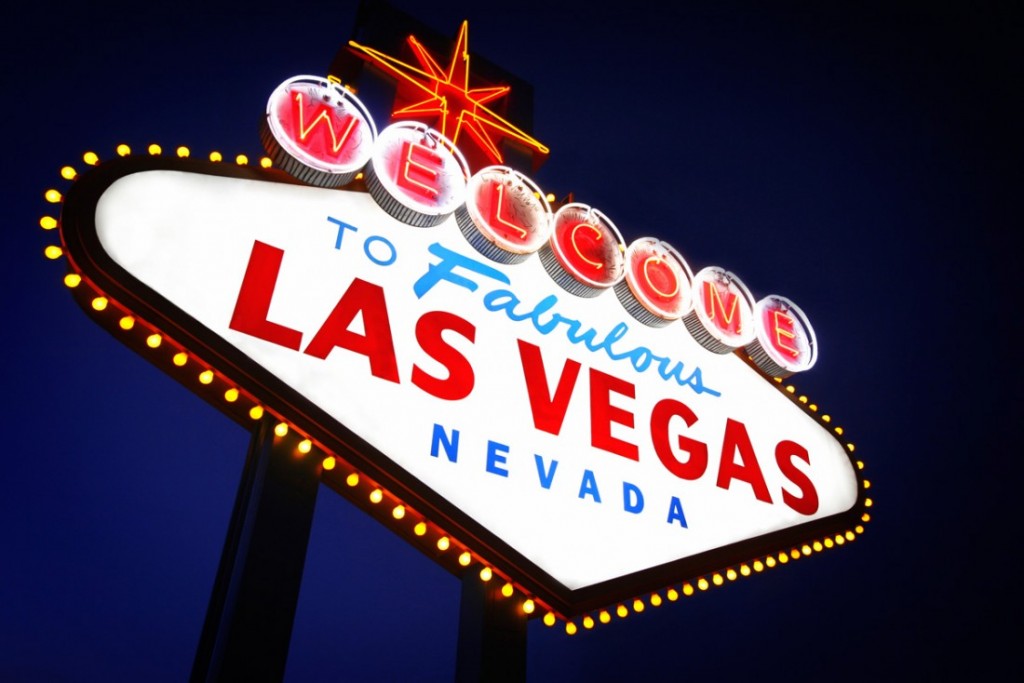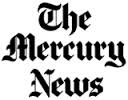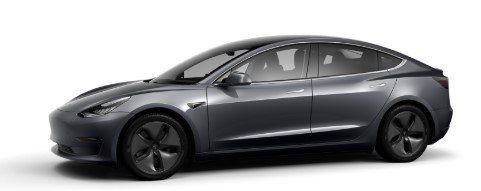

Follow Larry’s Trip on Facebook (public page)
Welcome to another year in the evolution of personal technology. Although I could be surprised, I don’t have any predictions for new breakthrough technologies this year, but I do anticipate the implementation of technologies that have long been in development.
I see a big year for automotive tech, health tech, mobile tech, and the application of artificial reality and voice control to many of our products. I also see more tech regulation on the horizon.
———————————————-
Listen to Larry’s CBS News Radio Eye on Tech about CES and the road trip
———————————————-
CES road trip & car tech
As I write this column, I’m getting ready for my annual trek to Las Vegas for CES — the giant tech show formally called the Consumer Electronics Show. That’s where I expect to see actual examples of the types of products I’m writing about — and perhaps ones that aren’t even on my radar. As I have for several years, I’m driving from Silicon Valley to CES.
On last year’s drive, I tried out some tech in my Toyota Prius, including blind-spot monitoring, adaptive cruise control (which adjusts the speed based on the car in front of you) and new developments in Google Maps.
On the way home, I tested the Roav Viva, which brings Amazon Alexa to the car, allowing you to use your voice to control Google Maps on your phone and play music or news. I had hoped to try out Amazon’s Echo Auto, but it’s not available yet.

This year I’m driving to Vegas in my new mid-range Tesla Model 3 that I wrote about recently so I get to dive deep with Navigate on Autopilot — a technology that not only steers the car but changes lanes semi-automatically and even steers you from one highway to another. I’ll also be taking advantage of the car’s connectivity and voice control for mapping, entertainment and finding Supercharging stations, which hopefully will be able to get me there despite a range of only 260 miles, less than half the total driving distance.
As cool as Tesla’s technology may be, it’s nothing compared with what I expect to see once I get to the automotive pavilion at CES where several car makers will show off their latest iterations of autonomous cars. I suspect a lot of CES attendees will be ferried around in self-driving vehicles under the watchful eye of a “safety driver” who’s in place just in case.
Last year, Lyft took me for a spin in one of its autonomous cars that will someday put its drivers out of work. It worked great except when a courteous driver tried to wave us into another lane. Unfortunately, the car’s cameras and software couldn’t respond to the gesture so the safety driver took over and made the turn.
All the autonomous cars will be electric, but there will be plenty of other electric vehicles on display from all the major car makers. I’m looking to see who can match or even beat Tesla’s range (now as high as 335 miles in one model).
I also expect to see a lot more connected cars and more integration of features like Amazon Alexa and Google voice control directly in the vehicle.There will also be aftermarket products such as BOSS Audio’s Alexa-enabled aftermarket in-dash receivers and connected in-dash devices from Pioneer.
5G mobile and same-day deliveries
5G (stands for fifth generation) mobile networks and devices were talked about at last year’s CES but this year we’ll see some that are almost ready for prime-time. All the major carriers will roll out 5G service in 2019, though it will take time before it reaches many communities.
I expect to see lots of smartphones that are 5G ready as well as service announcements from the carriers. 5G is much faster than today’s networks, which not only enables better mobile service but also brings high-speed internet to communities not well-served by wired solutions.
We may not see it at CES, but 2019 will bring growth in same-day delivery services not just for food and pantry items but many items you can now buy at big box stores. Target recently purchased Shipt, a same-day grocery delivery service, which it plans to expand to include same-day deliveries from “all major product categories.” Amazon and Walmart are also expanding their same-day delivery services.
Of course a lot of these deliveries will happen when no-one is home, so expect to see a lot of products to help you guard those goods like Parcel Guard by Danby, which will be at CES showing how to protect packages from “porch pirates.”
There are also schemes like Amazon’s collaboration with GM and Volvo to be able to deliver to the trunk of your parked car while you’re at work.
Health technology
CES has a big pavilion with companies focused on health and fitness. This year, I expect to see even more innovative products. Of course there will be plenty of fitness bands and health-enabled smartwatches, especially now that Apple has upped its game with electrocardiogram and AFIB detection on Apple Watch 4.
There will be scales that tweet your weight, Omron will show off the latest version of its blood pressure detecting watch and Touchpoint will be at CES scanning people’s brains to detect stress levels and then applying its “neuroscientific wearables that were designed to provide fast relief from stress.
I signed up after being assured that both the brain scan and the relief technology are non-invasive and won’t cause more stress than they alleviate.
SyncThink will also be at CES with a device called EYE-SYNC that the company says can diagnose brain impairments in just 60 seconds via VR headset.
Foldable screens and regulations
2019 should be the year for foldable smartphone screens and even a roll-up TV set. Although it may not happen, LG, Samsung and Huawei are rumored to be showing a foldable smartphone at CES. Last year, LG showed a roll-up TV similar to a projector screen.
Finally, 2019 will be the year when regulators start introducing specific bills to reign-in tech companies. The two categories I expect are privacy and advertising transparency. Expect a lot of lawmakers to be looking for ways to protect consumer data, perhaps modeling some bills after Europe’s General Data Protection Regulation (GDPR), which went into effect in 2018, prompting users around the world to get emails (you probably got some) disclosing data policies and requesting user permissions.
Get tech news in your inbox weekday mornings. Sign up for the free Good Morning Silicon Valley newsletter.
Tech companies will bring out their lobbyists to try to make these bills as industry-friendly as possible, but most agree that some type of regulation is inevitable.
I suspect Congress will debate and likely pass some version of the Honest Ads Act, proposed by Senators Amy Klobuchar (D-MN), Mark Warner (D-VA), and the late John McCain.
If passed, the bill would define “electioneering communication” to include paid internet and digital advertisements, require large digital platforms to maintain a public file of paid election communications above $500 and require “online platforms to make all reasonable efforts to ensure that foreign individuals and entities are not purchasing political advertisements in order to influence the American electorate,” according to Warner’s website.